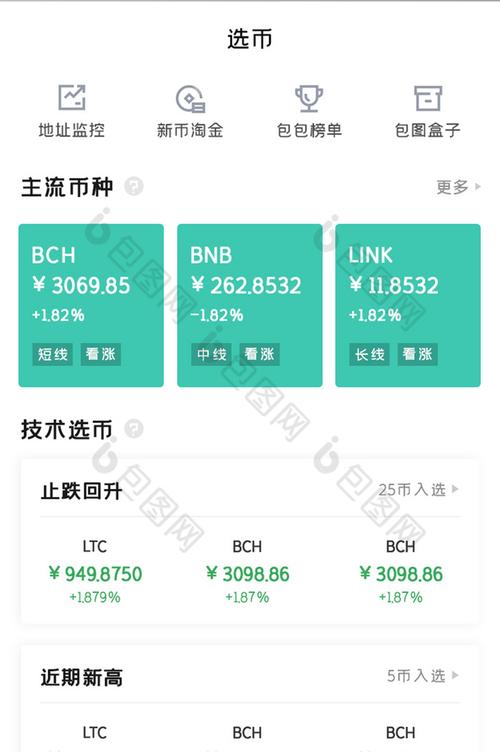比特币地址会不会重复
Title: Understanding Bitcoin Receiving Addresses and Address Changes
Bitcoin receiving addresses, essential for transactions, are often subject to address changes. Understanding why and how these changes occur is crucial for secure and efficient cryptocurrency management.
1. Bitcoin Receiving Addresses: Basics

Bitcoin transactions involve sending and receiving funds via cryptographic keys. Receiving addresses serve as identifiers for where Bitcoin should be sent. These addresses are alphanumeric strings generated from public keys and are typically represented as QR codes for easy scanning.
2. Address Changes: Why do they happen?
Bitcoin wallets often implement address changes as a security measure known as Hierarchical Deterministic (HD) Wallets. With each transaction, a new receiving address is generated to enhance user privacy and security. This process is called address rotation.
3. Privacy and Security Benefits
Address rotation helps enhance privacy by making it harder for third parties to link transactions to a single user. Additionally, it reduces the risk of address reuse, which can lead to potential vulnerabilities such as address correlation and deanonymization.
4. Address Reuse Risks
Using the same Bitcoin address for multiple transactions can compromise privacy and security. It enables anyone to track a user's transaction history, potentially exposing sensitive financial information. Address reuse also increases susceptibility to certain types of cyber attacks.
5. Wallet Implementation
Bitcoin wallets vary in their approach to address management. Some wallets automatically generate a new address for each transaction, while others allow users to manually generate new addresses as needed. Understanding how your wallet handles address generation is crucial for managing Bitcoin securely.
6. Impact on Transactions
Address changes do not affect the functionality of Bitcoin transactions. Users can still send funds to previous addresses associated with their wallets, and funds sent to old addresses will still be accessible. However, it's recommended to use the most recent address provided by your wallet for each transaction to maintain optimal privacy and security.
7. Communication and Transparency
To minimize confusion and ensure smooth transactions, it's essential for businesses and individuals to communicate address changes effectively. This can be achieved through clear communication channels, such as email notifications or updates on websites and platforms.
8. Best Practices for Address Management
Regularly update your Bitcoin wallet software to ensure it implements the latest security measures.
Always use the most recent receiving address provided by your wallet for each transaction.
Avoid sharing your Bitcoin receiving addresses on public forums or social media platforms to protect your privacy.
Consider using wallets that support Hierarchical Deterministic (HD) address generation for enhanced security and privacy.
Conclusion
Bitcoin receiving addresses may change periodically as part of security measures implemented by wallets. Understanding the reasons behind address changes and following best practices for address management are crucial for maintaining the privacy and security of your cryptocurrency transactions. By staying informed and adopting appropriate security measures, users can confidently navigate the dynamic landscape of Bitcoin transactions.
For more information on Bitcoin address management and security, consult reputable cryptocurrency resources and engage with the Bitcoin community to stay updated on best practices and emerging trends.
版权声明
本文仅代表作者观点,不代表百度立场。
本文系作者授权百度百家发表,未经许可,不得转载。

















评论